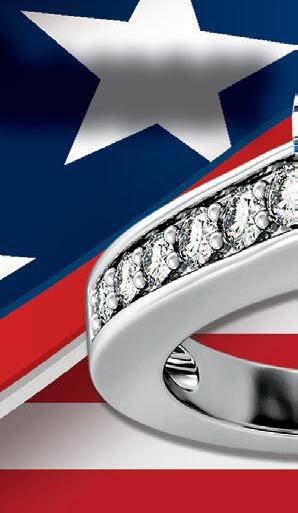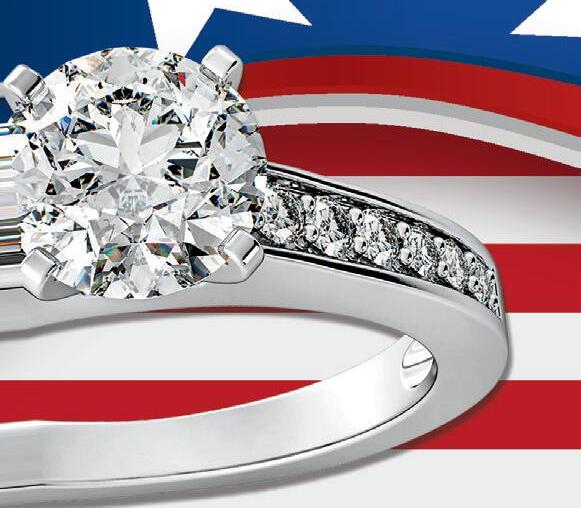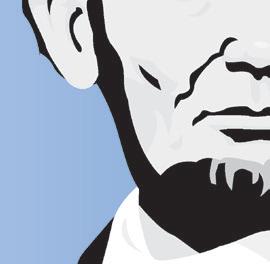
1 minute read
Don’t be like President Buchanan (the only bachelor President) Buy her the ring!






presidential election of 1860. With the party divided, the Republican Party candidate Abraham Lincoln was assured of the presidency. At the end of Buchanan’s presidency, the issue of slavery had grown so divisive that seven states seceded from the Union. Buchanan refused to take a stand on the issue of secession, claiming that states did not have the right to secede but that the federal government could not stop them if they did.
James Buchanan died on June 1, 1868, at the age of 77 at his home, known as Wheatland. Historians generally consider him a weak president who failed to deal with the secession of the Southern states. He was the only president to have never married.
Abraham Lincoln was born on February 12, 1809, in Hardin County, Kentucky, to Thomas and Nancy Lincoln in their one room log cabin on their farm known as Sinking Spring (near modern-day Hodgenville, Kentucky). Although Thomas lacked formal education, he was an excellent farmer and carpenter, and oftentimes served as a member of the jury.
In 1830, Abe’s father moved the family to Illinois following fears of another milk sickness outbreak. After enduring several plagues and one of the worst winters on record, Abe decided to leave his father’s homestead and set off on his own at the age of 22.
In August of 1832, Abe become a candidate for one of four representatives of Sangamon County in the Illinois Legislature, despite being a resident in the county for only nine months. There were thirteen candidates, and he finished eighth on the ballot. In 1834, Abe would campaign again for representative in the Illinois state legislature. Abe traveled from village to village giving speeches, attending shooting matches, horse races and other community events. Again, there were thirteen candidates, but this time Abe won. Abe became an influential force of the Whig party in the Illinois legislature and was reelected in 1836, 1838, and 1840. During this time, the issue of slavery became more and more contentious in Illinois and many other states. In 1837, Lincoln first spoke publicly to the legislature concerning his views on slavery when it passed a set of resolutions against abolitionist groups.
In 1836, Lincoln endeavored to study law. By the end of


1836, he was admitted to the Illinois state bar and obtained his license to practice. The next year, he moved to Springfield. Abe soon became a respected lawyer, known for his honesty, wit, oratory and hard work.
In December of 1839, Abe met Mary Todd, a “handsome” woman from a wealthy, slave owning family from Lexington, Kentucky.










